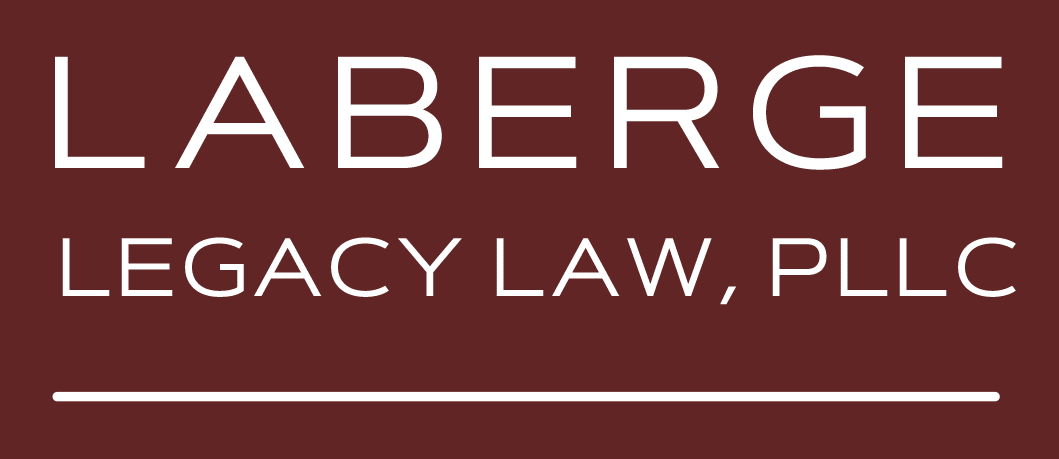CLIENT LOGIN
CLIENT LOGIN
×Articles
ARTICLES
02 Feb, 2021
For many people, an “estate” means a multi-million dollar home on expansive grounds – maybe not quite Downton Abbey, but something kind of similar . . . with substantial bank accounts to boot. The legal definition of “estate”, however, is much, much broader. Very simply, an estate consists of all property one owns, controls or is entitled to use. Personal belongings (such as furniture, clothes, cars, jewelry, vintage Barbies or G.I. Joes . . .) are part of one's estate. So are bank accounts, retirement accounts, life insurance proceeds and real estate. So, almost everyone has an estate, regardless of its value. What is estate planning? Estate planning certainly involves making sure that one’s estate will be distributed according to one’s wishes upon death, consistent with state and federal laws. But it’s more than that. Good estate planning includes managing, and perhaps even distributing, portions of one’s estate during one’s lifetime. This may involve selling property, retitling assets, or changing beneficiary designations. Estate planning also involves appointing persons to care for other persons – such as minor children or one’s self – if circumstances (such as death or incapacity) require it. Estate planning is necessarily tailored to each person. Small estates are not always simple, nor are large estates necessarily complex. Estates are as different as people, and we all know how different that is. In the bigger picture, estate planning represents one’s values. As such, estate planning plays an important role in the legacy you leave to those people and causes you care deeply about. Whether one has created an estate plan or not, below are some important concepts for everyone to consider:
02 Feb, 2021
Minnesota estate planning attorneys, myself included, commonly recommend wills or revocable trusts with “disclaimer trust” provisions. The reason? Due to Minnesota’s estate tax exemption statute, disclaimer trusts provide surviving spouses with important flexibility without sacrificing potential estate tax effectiveness. An estate tax exemption is the amount an individual estate may transfer upon death without incurring estate tax. With some exceptions, Minnesota’s individual estate tax exemption amount is $1,400,000 in 2015. This amount will rise by $200,000 each subsequent year until it caps at $2,000,000 in 2018.
02 Feb, 2021
Determining asset distributions to adult children may require thoughtful consideration by parents, depending upon the parents’ and children’s (and possibly grandchildren’s) unique circumstances and objectives. The following is a broad overview of several common options, to help clients consider what distribution plan might best serve their estate and legacy planning needs and objectives. For purposes of this information, it is presumed that both parents are deceased.
ADDRESS
1100 IDS Center
80 South 8th Street
Minneapolis, MN 55402
PHONE
andre@labergelegacylaw.com
LaBerge Legacy Law, PLLC
This website has been built to be accessible for all users. If you experience any difficulty in accessing this website, please contact us for assistance.


